Swimming is a great activity for building strength, endurance and flexibility, either for their own ends or as supplementary training for other activities. It’s also regularly recommended as a low impact way of staying fit.
However, swimmers are still susceptible to serious and painful injuries if they aren’t careful and physiotherapy can help.
Common swimming injuries
The full variety of swimming strokes encompasses a wide range of motions which have the potential to cause several injuries:
- Swimmer’s shoulder refers to the range of injuries swimmers are particularly prone to in this area. This can include shoulder instability, limitations on shoulder movement and rotator cuff tears
- Lower back injuries can be caused by repetitive stress if the body doesn’t rotate properly during strokes or if the back over-arches, particularly during butterfly
- Neck injuries which occur from over-rotation of the head
- Bicep tendonitis caused by an inflammation of the tendons
- Knee injuries such as damaged tendons and ligaments
Causes of swimming injuries
Poor stroke technique is the most likely cause of swimming injuries, so it’s essential to work on your technique to help prevent injury and to improve performance, but other causes can include:
- A sudden increase in training (frequency or distance)
- Repetitive use of one stroke
- An imbalance of muscle development
- Poor flexibility in joints
- Not taking enough breaks
- Poor breathing technique
How you can help prevent injury
No swimmer wants to be forced to sit poolside with an injury but you can take action to reduce the risk of injury:
- Work on your stroke technique, together with your breathing
- Build the intensity of swimming sessions gradually
- Don’t stick to one stroke – mix them up
- Warm up and cool down properly and have a proper stretch
- Supplement swimming with some land-based training activity to your fitness regime
It may be tempting to stick to your strongest swimming stroke or feel you only have time for swimming, but mixing your regime a little will help reduce injury from the overuse of a particular muscle set, help with a balanced build-up of muscle and prevent boredom by varying your activity.
Physiotherapy for swimmers
If you have sustained an injury through swimming, there’s plenty of recovery support that physiotherapy can offer.
After a full examination of your injury, a tailored program will target specific areas with a variety of physio techniques to tackle the specific injury.
In addition, we can provide exercises to build core strength, give advice on technique, look at training that will help address muscle imbalance and help build an alternative training regime to aid recovery whilst allowing you to continue being active.
Petersfield Physio
At Petersfield Physio we are here to support our clients every step of the way, no matter which physical activity and level of intensity they enjoy.
If you would like some support to lead an active life and live in the Hampshire or Surrey areas, contact the Petersfield Physiotherapy and Sports Injury Clinic or ring 01730 267645.
We are here to advise, guide and support you back to a pain free, active lifestyle. After all, it’s a joint process.

Recent Comments